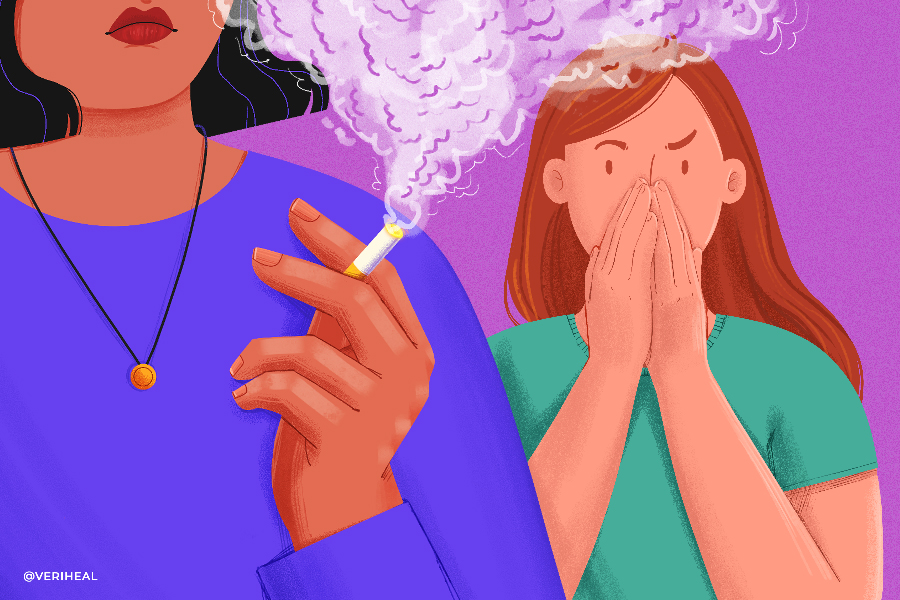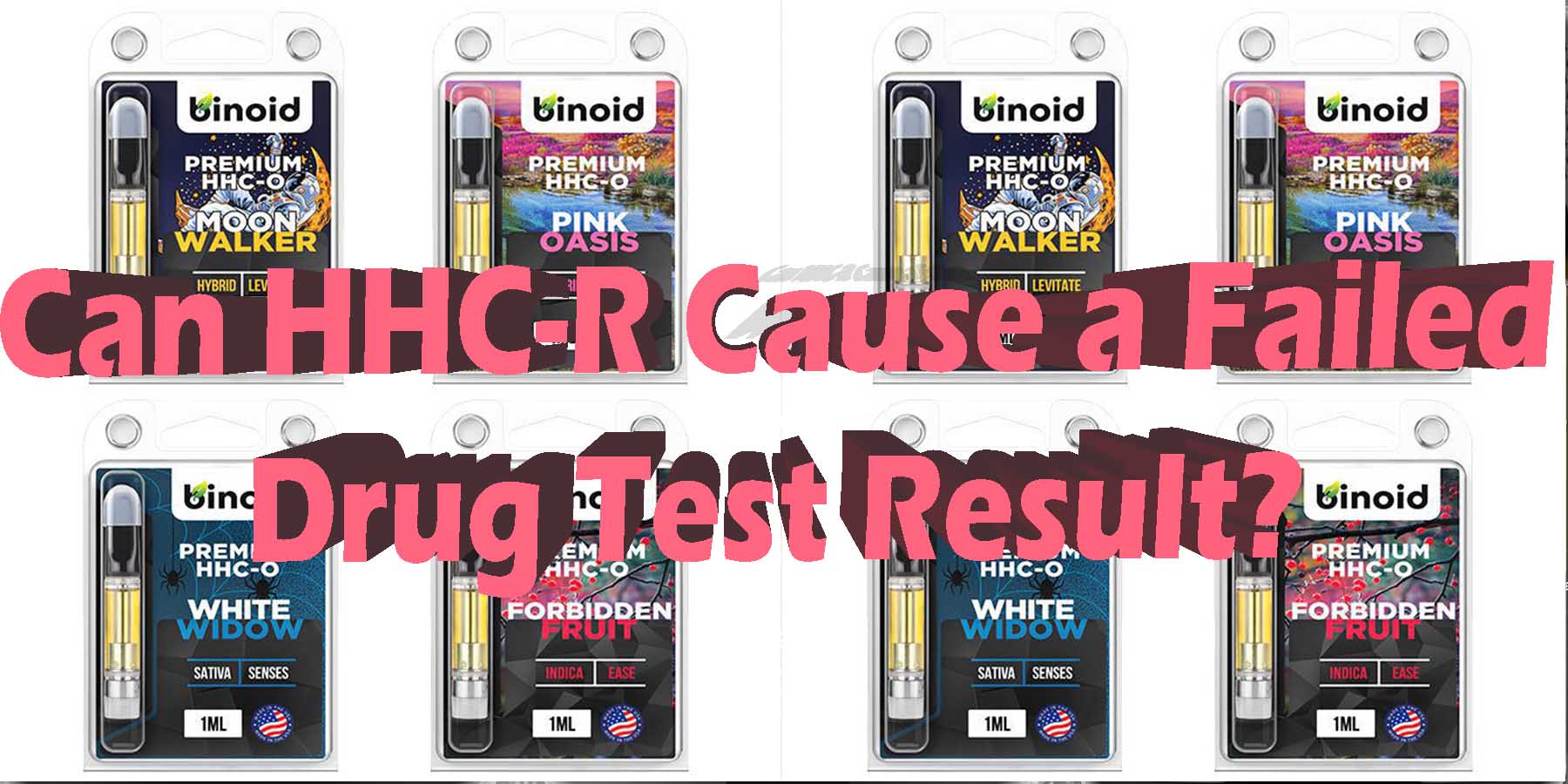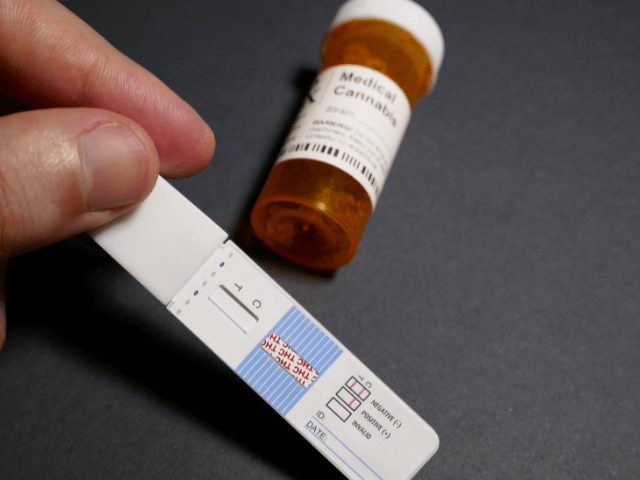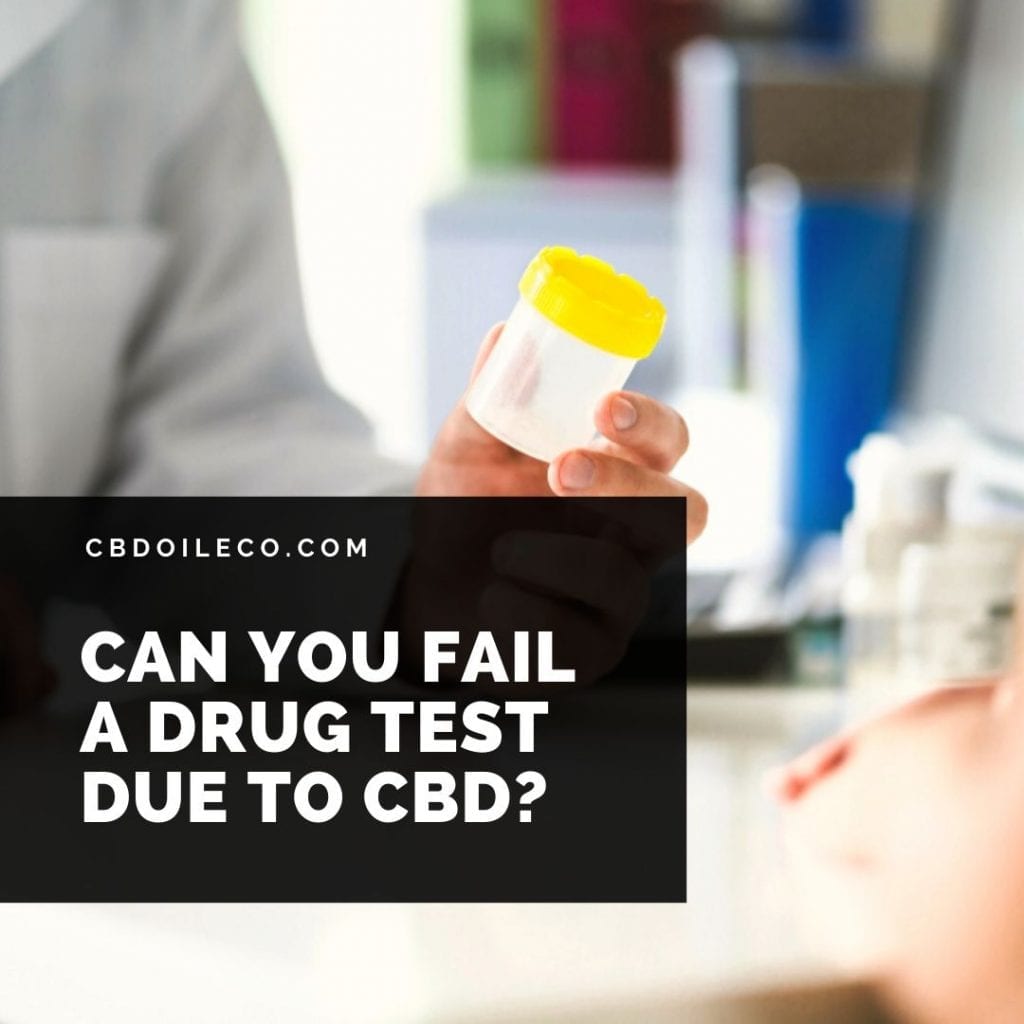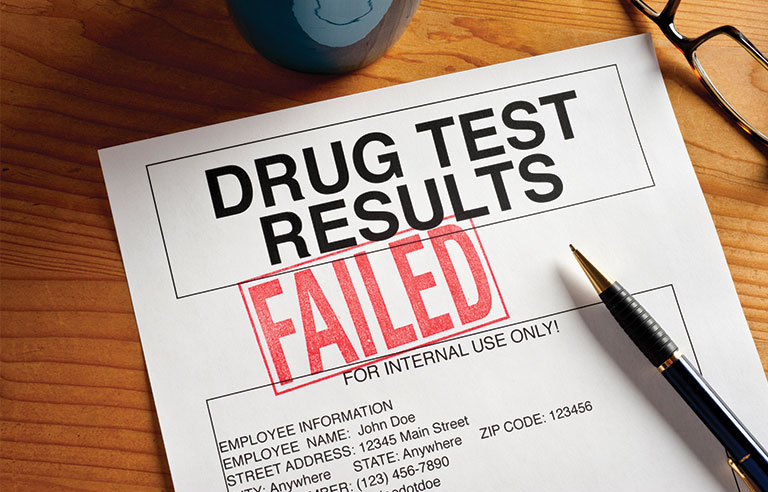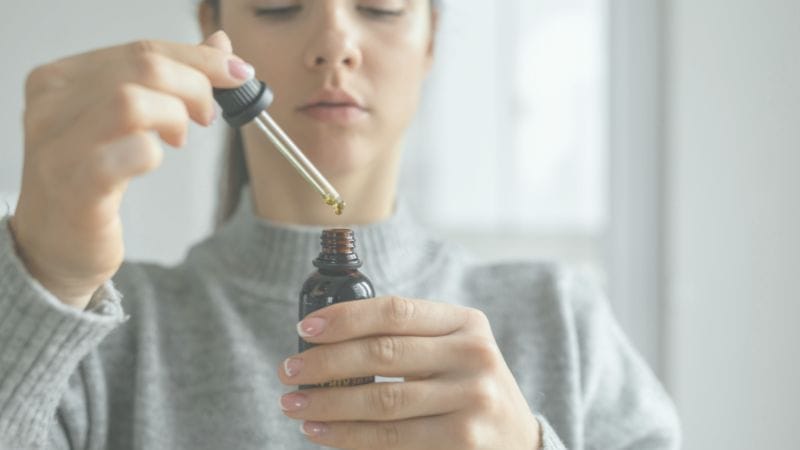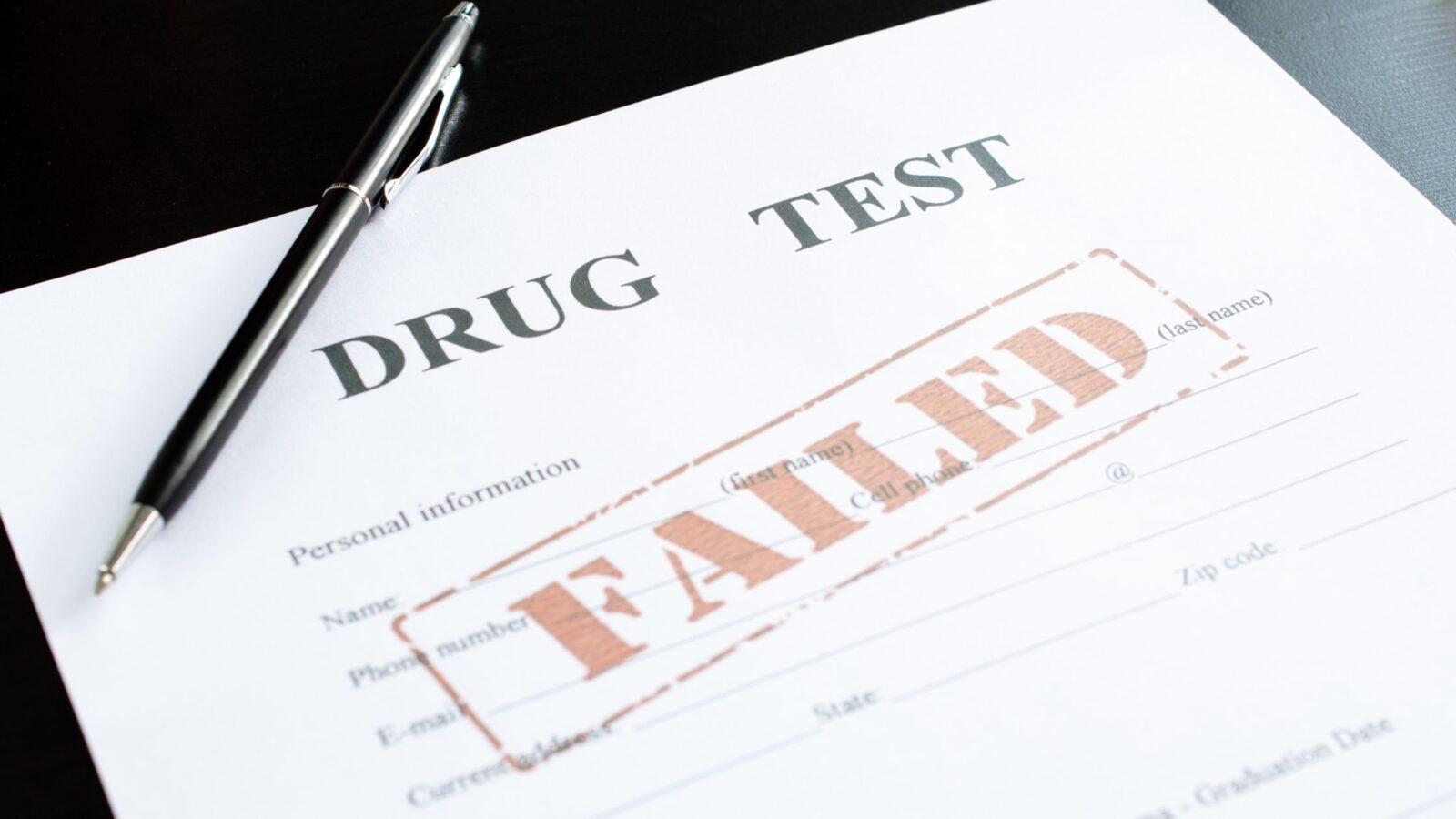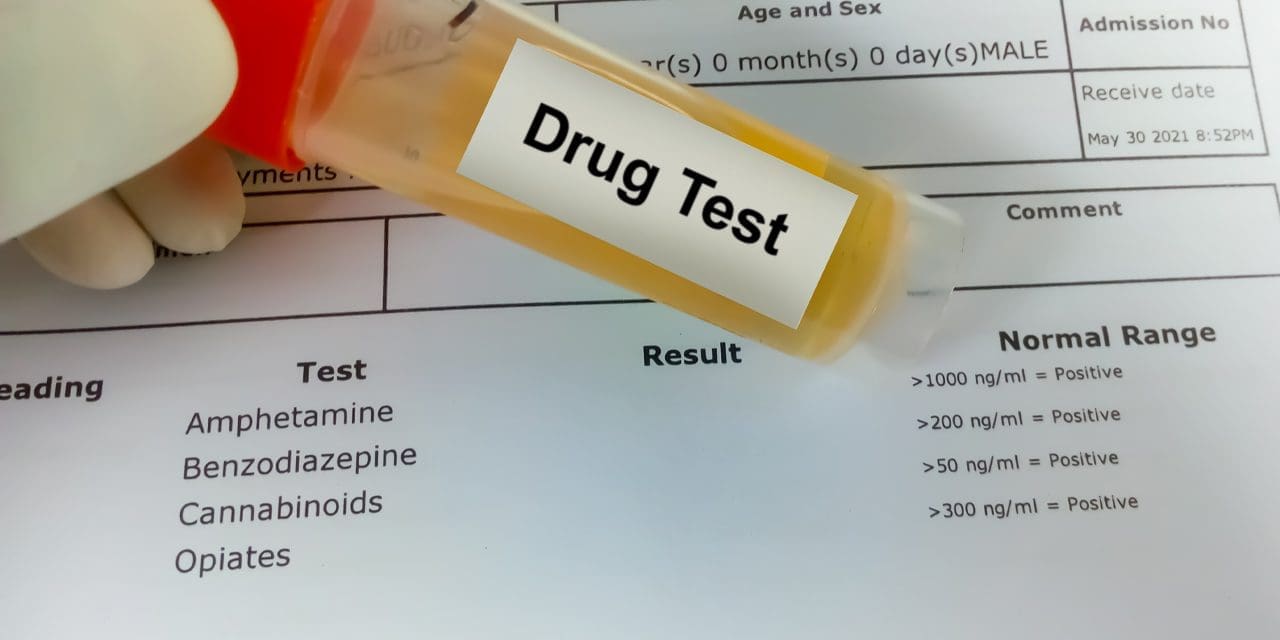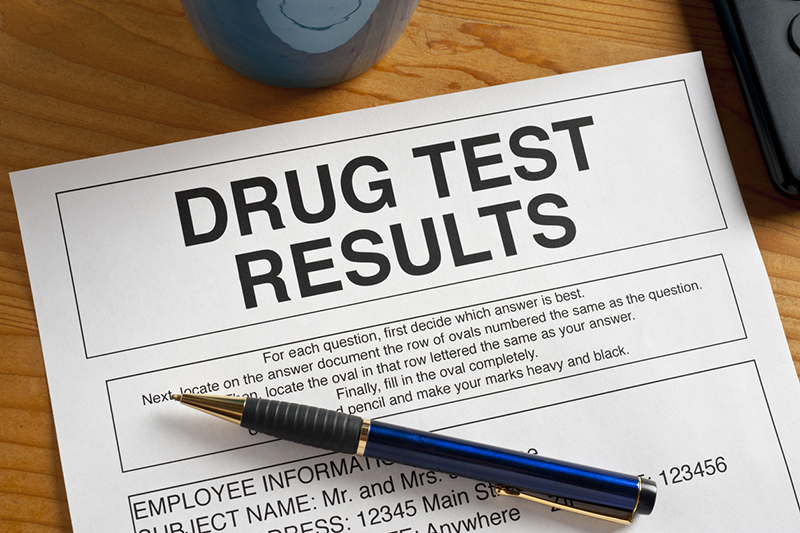Can Smelling Weed Make You Fail A Drug Test
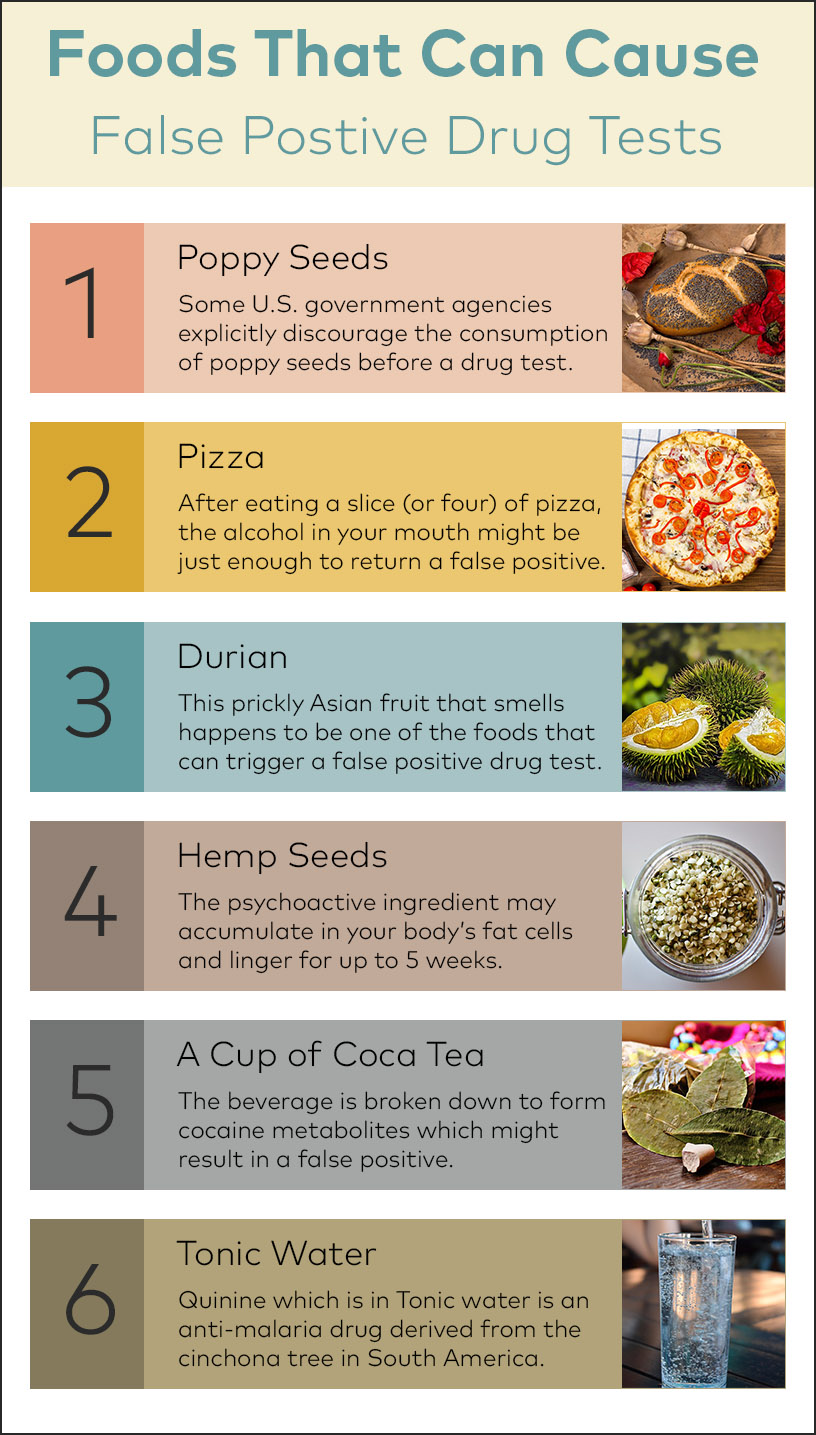
Urgent concerns are swirling: Can simply smelling marijuana cause you to fail a drug test? The answer is complex, but experts emphasize that passive exposure scenarios rarely lead to positive results.
This article breaks down the science and dispels common misconceptions surrounding secondhand cannabis exposure and its impact on drug test outcomes.
Understanding Drug Testing and THC
Drug tests primarily detect THC-COOH, a metabolite produced after the body processes THC (tetrahydrocannabinol), the psychoactive compound in cannabis.
Standard urine tests typically have a cutoff level of 50 ng/mL (nanograms per milliliter). Lower cutoff levels, like 20 ng/mL or even 15 ng/mL used in some sensitive screenings, increase the likelihood of detecting trace amounts.
The Science of Secondhand Smoke and Drug Tests
The crucial question is: can inhaling secondhand marijuana smoke lead to detectable levels of THC-COOH?
Numerous studies have addressed this concern, examining various exposure scenarios and their impact on drug test results.
A landmark 2015 study published in the Journal of Analytical Toxicology found that even in extreme, unventilated conditions, passive cannabis inhalation rarely resulted in positive urine drug tests at the 50 ng/mL cutoff.
The study involved participants exposed to high levels of secondhand marijuana smoke in a sealed chamber for several hours.
Only in the most extreme scenarios, and with very sensitive testing methods (20 ng/mL), did some participants register positive results.
Key Factors Influencing Secondhand Exposure Results
Several factors determine whether passive exposure can lead to a positive drug test.
Exposure Level: The concentration of cannabis smoke and the duration of exposure are critical.
Ventilation: Well-ventilated areas significantly reduce the concentration of airborne THC.
Individual Metabolism: Metabolic rates vary among individuals, affecting how quickly THC is processed and eliminated.
Testing Sensitivity: More sensitive tests with lower cutoff levels are more likely to detect trace amounts.
Common Misconceptions and Real-World Scenarios
Many people worry about failing a drug test simply from being near someone who is smoking marijuana.
However, experts agree that casual exposure, such as walking past someone smoking outdoors or being in a room where cannabis was smoked briefly, is highly unlikely to result in a positive test.
Cases involving extreme, prolonged exposure in unventilated spaces are the primary concern, but these are relatively rare in typical daily life.
"It's important to distinguish between extreme laboratory conditions and real-world scenarios," explains Dr. Alice Swanson, a toxicology expert. "While passive exposure *can* theoretically lead to a positive test under specific circumstances, the risk is generally low for most people."
What About Hair Follicle and Blood Tests?
Hair follicle tests, which have a longer detection window (up to 90 days), are generally not susceptible to passive exposure.
These tests measure THC metabolites incorporated into the hair shaft over time, requiring more significant and consistent cannabis use.
Blood tests, while offering a shorter detection window (days or hours), also require higher THC levels to register positive results from passive exposure.
Legal and Workplace Considerations
Despite the low risk, some employers maintain strict zero-tolerance policies regarding drug use.
If you are concerned about potential exposure, it's wise to document any instances of significant secondhand exposure, especially if you are subject to frequent drug testing.
Consulting with legal counsel may be advisable if you believe a positive test resulted solely from passive exposure, although proving this can be challenging.
Conclusion: Assessing the Risks and Moving Forward
While theoretically possible, failing a drug test solely from smelling marijuana is highly improbable in most real-world scenarios.
Factors like exposure level, ventilation, individual metabolism, and testing sensitivity play crucial roles in determining test outcomes.
Stay informed about your workplace's drug testing policies and consult with legal or medical professionals if you have specific concerns or experience unexpected results. Ongoing research continues to refine our understanding of passive cannabis exposure and its impact.
